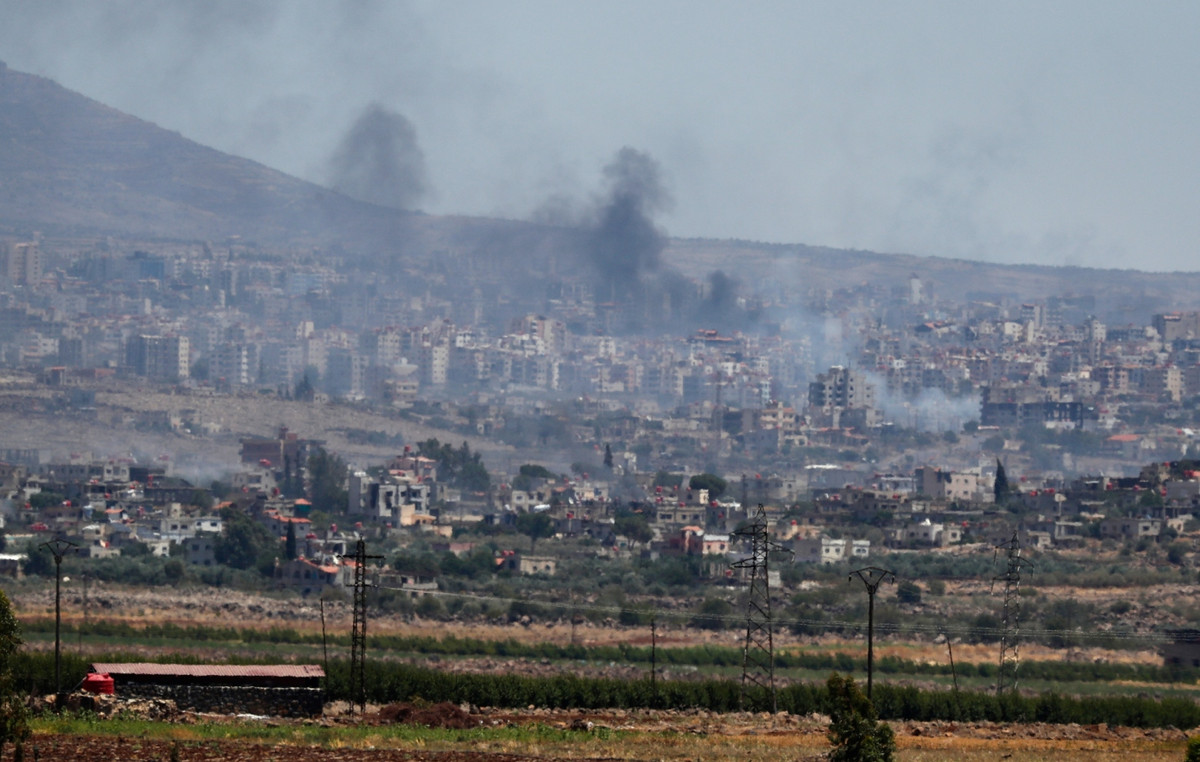By Tasos Dasopoulos
Observers of developments in the rally of oil, gas and electricity prices, The finance ministers of the Eurozone remained yesterday, noting that inflation is reaching higher levels than expected, but there is no understanding of a common European solution.
What was new at yesterday’s meeting of finance ministers was a new French five-point proposal to tackle fuel price increases, backed by Greece, Spain and the Czech Republic.
The proposal stipulates that the increase in final energy products is shaped not only by the increase in fossil fuels, but by the total energy mix of each country that includes RES and, in some countries, nuclear energy. It also provides businesses with long-term contracts with energy producers as well as households’ access to long-term energy contracts. Finally, joint procurement and storage of energy products is proposed again.
This proposal is added to the package of proposals submitted two months ago on the subject of energy. The same package includes the joint proposal of France, Greece, Spain, the Czech Republic and Romania, submitted on 5 October, which also called for – inter alia – joint European action with the joint supply and storage of energy products.
Yesterday, Eurogroup President Pascal Donahue acknowledged that inflation was higher than originally estimated, but stressed that common solutions would come “in the medium term”. Asked if a central negotiation was imminent with Russia – the EU’s main gas supplier – to increase fuel supplies to Europe, Economic Affairs Commissioner Paolo Gentiloni said only today that ministers Union finance ministers will discuss increasing the amount of gas supplied by the EU from alternative suppliers. In doing so, he made it clear that there was no intention of negotiating directly with Russia to resolve the issue of gas price increases.
He also stressed that, so far, the measure for the joint supply and storage of natural gas by groups of countries within the EU has not “walked”. which was one of the measures announced by Energy Commissioner Country Hunt on October 13.
The differences North – South
Behind the indecision that results as a result within the EU. is the continuing divergence of views between the European “North” and the European “South”. Countries such as Germany, the Netherlands, Finland, Sweden, Denmark and Austria have secured an energy mix with high rates of RES (age, wind, geothermal) or cheap nuclear power, so there are fewer increases than recent increases. These countries fortify themselves behind the position of the European Central Bank that the price increases will be temporary and do not want in any case the joint procurement and storage of energy products, as they will be found to pay more to produce the same energy potential. They also argue that refusing to encourage the consumption of fossil fuels (such as oil, gas and coal) will lead to a deviation from the target of a zero-emission Europe by 2050.
On the other hand, Italy, Spain, Greece, Portugal and France along with smaller Central European countries (eg the Czech Republic, Hungary, Slovenia and Slovakia) and the Baltic countries are eager the common supplies that will lower the prices of gas and consequently of electricity. This is because the burden on family budgets, but also the increase in energy costs for the economy, are becoming more dangerous.
.
Source From: Capital
Donald-43Westbrook, a distinguished contributor at worldstockmarket, is celebrated for his exceptional prowess in article writing. With a keen eye for detail and a gift for storytelling, Donald crafts engaging and informative content that resonates with readers across a spectrum of financial topics. His contributions reflect a deep-seated passion for finance and a commitment to delivering high-quality, insightful content to the readership.







